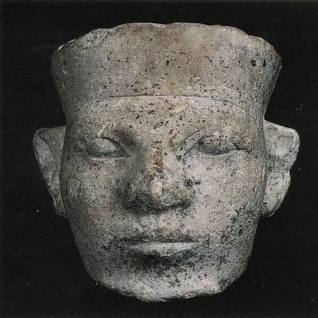In this issue all of our articles address an issue of ‘constructed silences’. We look at the work of Gerald Horne and Charles Mills and ask whether they have not misunderstood the role of ‘constructed silences’ – things chosen not to be mentioned. As a direct illustration of this issue we have, with permission of the author, reprinted a talk by Prof Johnson on the rights and roles of women in ancient Africa. Whenever Western academia generally discusses Africa no mention is ever made of the role of women in ancient Africa and this is not because it is unknown. This too is a constructed silence. We the explore the ‘constructed silence’ around the French abolition of slavery and the role of genocide in the development of early Protestantism.
- Horne, Mills and ‘Constructed Silences’,
This is Part 1 of a series to explore how the ‘constructed silences’ of Western academia can entrap Black scholars into spaces of entire ‘incoherence’- as in Mills advocacy for the Black philosophical world to follow the lead of the White women’s movement. It also explores how the concept ‘white supremacy’ can itself be a trap and symbol of internalisation of oppression.
2. ‘Women’s Legal Rights in Ancient Egypt
This is an excellent article by Prof Janet Johnson and is a transcript of a talk she had given. This is not a new discovery but knowledge that is most usually ignored and so becomes part of a ‘constructed silence’.
Women’s legal rights in Ancient Egypt
3. Kleingeld, Bernasconi and Kant’s colonialism
It is seldom mentioned that France abolished slavery in 1794. France prefers not to mention it because it would force a general reminder that Napoleon re-introduced slavery. Rather give the English the credit for abolishing slavery than sully too obviously the memory of Napoleon.
Lord Mansfield ‘s case is generally widely misrepresented. Under French domestic law slavery did not exist and any enslaved person who made their way to French soil became a free person. Lord Mansfield simply allowed England (but not Scotland) to catch up with France.
This constructed silence happens to encourage a serious misinterpretation of Kant’s racist position. For Kant, in later life, the French revolutionary troops were on German soil and slavery had been abolished. Kleingeld attempts to develop an elaborate theory, apologia, about Kant’s sudden change of wording, which would so easily be better understood as tact and caution in the presence of French revolutionary forces and the abolition of slavery in France. Bernasconi himself appears unaware of this and looks forward to the abolition of slavery in interpreting Kant.
4. Calvinism & Armenianism
There is a hidden history of Protestantism and its sectarian relationship to the genocide and slavery – another constructed silence. To show the role certain doctrines of election had in justifying genocide it is necessary to establish firstly the artificiality of certain steps and paradoxes that early Protestantism engaged in. Creating a paradox between the knowledge and power of God can be seen as a self serving intellectual feint of hand to arrive at a position drenched in moral ambiguity.

